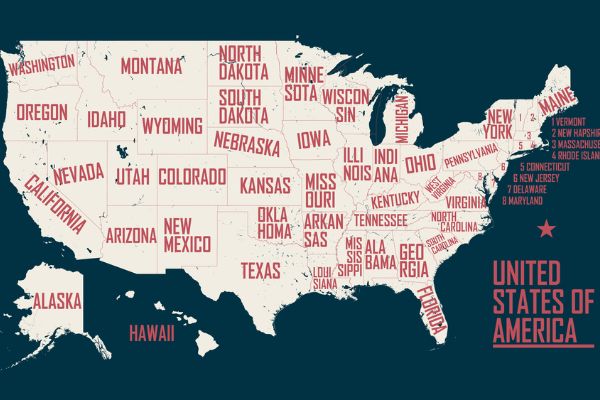The border crisis in the United States, often framed as a partisan issue predominantly concerning Republicans, is increasingly drawing criticism from figures across the political spectrum. In a striking turn of events, prominent Democrats have voiced their frustration with the Biden administration’s handling of the situation, illustrating the widespread impact of the ongoing crisis.
New York City Mayor Eric Adams, a Democrat, recently expressed his disillusionment after a fruitless trip to Washington, D.C., seeking federal assistance for his city’s challenges related to the influx of illegal immigrants. Adams’s frustration is compounded by significant budget cuts in vital areas like education and law enforcement, which have been redirected to address the costs incurred by the city due to the immigrant surge.
Similarly, Arizona’s Democratic Governor Katie Hobbs penned a letter to the federal government, seeking reimbursement of over half a billion dollars. This substantial sum represents Arizona’s expenditure on transporting illegal immigrants, drug interdiction efforts, and law enforcement, which Hobbs attributes to the federal government’s inability to secure the border. This move follows the decision to close the Lukeville border crossing, a strategic attempt to manage the increasing number of asylum seekers.
Governor Hobbs emphasized the importance of the Lukeville crossing for Arizona’s economy, highlighting the detrimental impact its closure has on trade and tourism. Her concerns echo those of Arizona Senators Mark Kelly, a Democrat, and Kyrsten Sinema, an Independent, who jointly criticized the administration’s approach. They pointed out the crisis’ destabilizing effects on border communities, emphasizing the shortage of resources needed to handle the surge of migrants.
This unified outcry from Democrats and Independents like Adams, Hobbs, Kelly, and Sinema signals a significant shift in the political narrative surrounding the border crisis. No longer can it be dismissed as a concern exclusive to conservatives; it has become a national issue transcending party lines. The growing dissatisfaction among these leaders with the Biden administration’s response underlines the severity of the crisis and its far-reaching consequences for communities, economies, and security across the United States.






